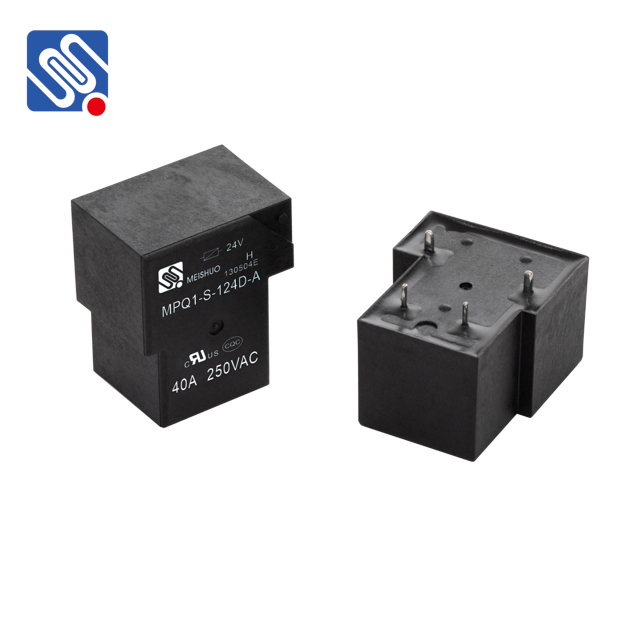Relay suppliers play a crucial role in the modern electrical and automation industries, providing essential components that ensure the proper functioning of electrical circuits. Relays are electromagnetic devices that act as electrical switches, enabling control over high-voltage systems using low-voltage signals. As industries continue to evolve, the demand for reliable and efficient relay suppliers has grown exponentially, making it essential to understand their importance and the various factors that contribute to their market position.

The Importance of Relays in Electrical Systems Relays are vital in a wide array of applications, including automotive systems, industrial automation, home appliances, and even communication networks. They serve a fundamental function of isolating circuits while allowing a low-power signal to control high-power devices. Without relays, modern electrical systems would face significant challenges, such as the inability to control large machines with small control signals or to safeguard sensitive components from overcurrent or high-voltage surges. There are several types of relays, each designed for specific applications. The most common types include electromagnetic relays, solid-state relays, thermal relays, and time-delay relays. Electromagnetic relays, for example, use a coil to generate a magnetic field that opens or closes the contacts, while solid-state relays rely on semiconductor components to perform the switching operation without moving parts. This lack of mechanical movement gives solid-state relays longer life and faster response times compared to their electromagnetic counterparts.